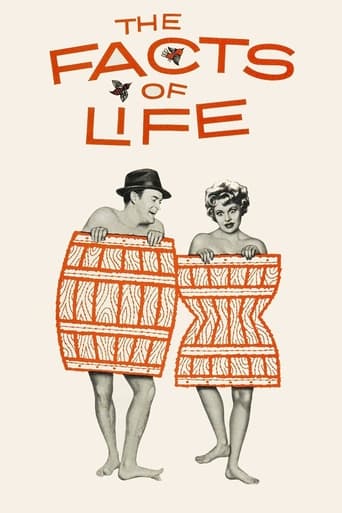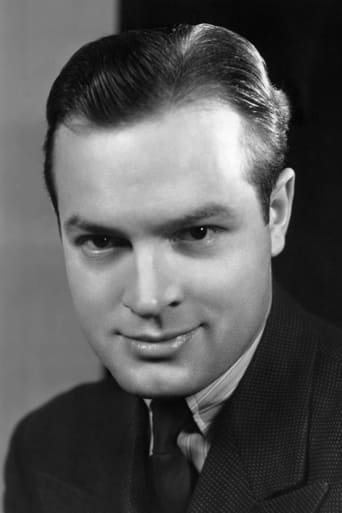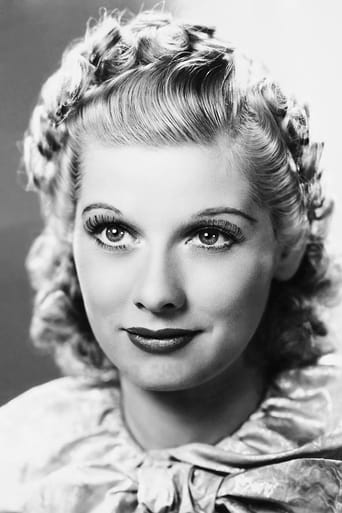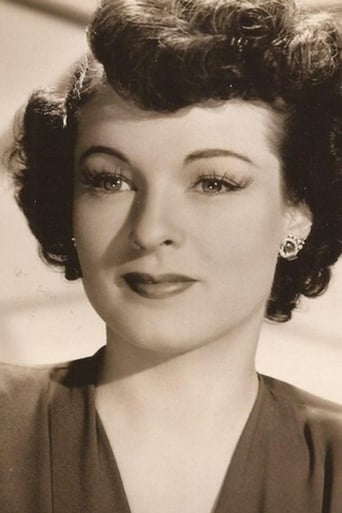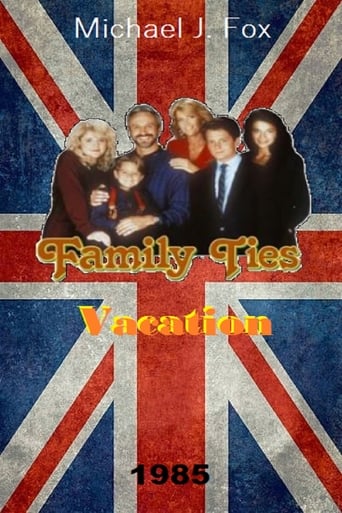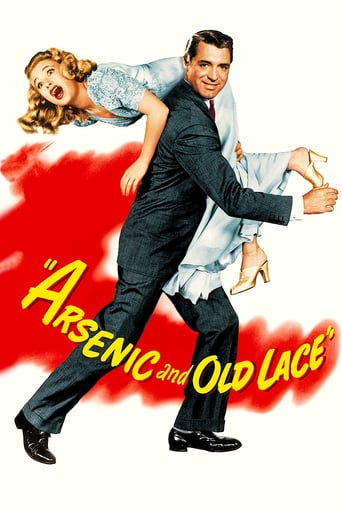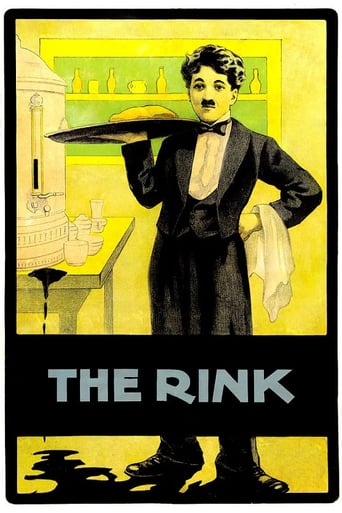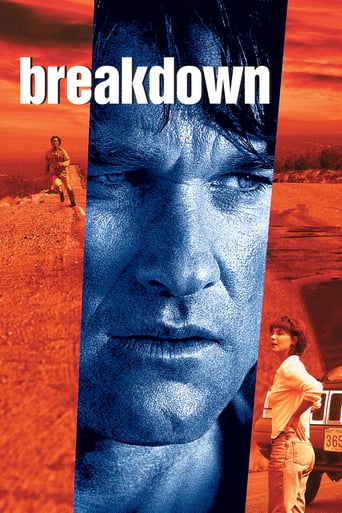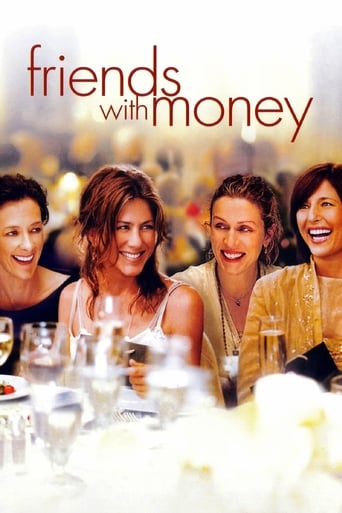The Facts of Life (1960)
Middle-class suburbanites Larry and Kitty grow bored with their lives and respective marriages. Although each always found the other's manner grating, they fall in love when thrown together--without their spouses--on vacation. On returning home they try to break things off, only to grow closer. A holiday together will finally settle whether they should end their marriages.
Watch Trailer
Cast


Similar titles
Reviews
Excellent adaptation.
It is not only a funny movie, but it allows a great amount of joy for anyone who watches it.
This is a coming of age storyline that you've seen in one form or another for decades. It takes a truly unique voice to make yet another one worth watching.
There's a more than satisfactory amount of boom-boom in the movie's trim running time.
Anyone expecting a sex farce, even one rendered innocuous by the censorship of the time, will find this not only a disappointing but a sobering experience. Instead of the colour one would expect for a comedy, it is in serious black and white, and what one takes away from it is not the naughtiness of illicit love but the grimness, frustration and boredom of middle-aged suburban marriage. These, along with bratty and selfish children, are made so plain that it's no wonder Bob Hope and Lucille Ball, married to others, are drawn together when they unexpectedly find themselves alone on a tropic vacation. While tedious, jokey happenings result in their never consummating their affair, either then or in later attempts, the movie never achieves a genuinely comic tone. It is sour and depressed, and when the two decide that it's wrong to hurt the ones they love (although the whole point of their getting together is that they love each other, not their spouses) they return to their lawful homes with a feeling of duty rather than joy. This is typical of the time--that period before the Sixties really got started. One could now acknowledge the formerly unsayable--that marriage was boring and even nice, good people had extra-marital urges. But it was still too soon to say that such urges should be acted on, so the urges are stamped on with a lot of unconvincing moralizing, which sounds more like fear than morality.Bob Hope, at 57, was too old for this story of couples married fifteen years who are the parents of small children. Lucy, at 50, looks much closer to the early-forties housewife she is supposed to be. But both are wrong for these sort of parts--having to play serious, Hope is merely stern and repressed. He was always the businessman among comedians, and in this he is all businessman. Lucy's character is as phoney as her whisk-broom eyelashes--she comes across as selfish and hard.The phoniness of the whole enterprise can be summed up in the situation that brings Bob and Lucy together. They are unexpectedly alone when illness and emergencies strike their spouses and another couple with whom they always go on vacation. And why do the three couples always do this? Because, we are told, these people, who live in huge, comfortable houses, have servants, and belong to the country club, could not otherwise afford to go away! Talk about writers who were not even trying!
Bob Hope and Lucille Ball have been happily married to their spouses for years but, accidentally thrown together for a few days, they improbably overcome their mutual dislike and fall for each other. Back in Los Angeles, they sneak into a drive-in for a bit of necking but are almost caught. They then attempt an assignation at a motel room in the Valley but a drunken Ball sends Hope out for some black coffee and he gets lost, so she gives up on him and takes a cab home. Still determined, they lunge at the opportunity to meet at a cabin in the woods near Monterey while their families are out of town. It's no use. The cabin's roof seems to be a colander, Ball unwittingly buys a rabbit instead of a chicken at the market, there is an argument, a pratfall into a mud puddle, and they realize they truly love their own families and resume their ultra-normal lives.It was written by Panama and Frank, the team that gave us the Road pictures with Bob Hope and Bing Crosby but, for whatever reason, they provide this film with only an occasional chuckle. Worse turkeys were ahead for Hope -- "I'll Take Sweden," "Boy, Did I Get a Wrong Number." The movie is imbued with something that almost amounts to an element of tragedy. This was released in 1960 and both Hope and Ball were beyond their prime, and here they are, stuck in a plot that has them acting like teenagers suffering from some sort of glandular condition. Of course their ages can't be blamed on them, and in fact Lucille Ball is pretty keen, but Hope is out of his element trying to wring laughs from such a sodden story.The story itself is a sad one. The point is that when you're stuck in a rut, you're REALLY stuck in that rut. The ruts we are witness to are boring and unfulfilling, thoroughly routinized. Hope and Ball return from Acapulco not only in love but filled with pride at the 350-pound marlin they caught. But when they try to tell their families, no one is interested. Ball's husband is buried in his morning newspaper and mutters "uhm"s from time to time, a weary cliché. Hope's situation is worse. He happily begins his fish story at breakfast but the two kids interrupt him each time by whining and complaining to their mother about wanting to be excused from gym period at school or staying overnight at a friend's house. Hope finally corners the man who picks up and delivers dry cleaning, and he responds, "Three hundred and fifty pounds, eh? A man down the block caught one that was 370." Poof.Hope and Ball never do get to spend the night together, or even an hour wrestling in the back seat. It's all very innocent. It reflects the values of the 1950s or even the 1940s, when adultery was an unforgivable sin and rebellion was smoking corn silk behind the barn. I'm sure more could have been done with it, but I'm not sure exactly what.
This movie surprised me. I really enjoyed it. Lucy is stunning as a glamor star. She gets the soft focus and lighting, the glamor hair and makeup, but the showstopper is the glamor wardrobe. I've never seen her look more beautiful.I did not know that Lucy had made it so far in her movie career as to be able to star as a glamor girl, opposite Bob Hope yet. Another notch on the resume of this fascinating woman.My wife and I had just been discussing Lucy's talents as a straight actress and by coincidence this movie came on the next day. I had the opinion that Lucy was best in comedy and was not quite right in a straight role. This movie proved me wrong on that! She is convincing and when she kissed Bob I really believed it.Bob is also great. His comedy style here is more subtle than usual, playing funny bits off in a straight style without the usual hamming. The bit with the hankie made me belly laugh.The subject matter of this movie is similar to other movies of the early 60s as the sexual revolution was just starting...all clean and above board on the surface, yet doing their best to titillate us with sexual situations and innuendo. As I said in my review of Bob's "I'll Take Sweden," I find this juvenile and boring. There's no shock value left by now, so it falls flat. However, this movie tackles more serious subjects than simply titillating sex, namely the subjects of infidelity, marriage, and marital boredom. That is more interesting and even in 2005 I found the subject matter moving and thought-provoking.The script is tight and witty, with good dialog. The plot is also more or less water tight with plausible motivations.Good stuff....worth watching.
Bob Hope and Lucille Ball team up very nicely here as each steps away from their well-known screen personas to play a suburban everyman and everywoman who unexpectedly fall for each other, despite the complication of being married to other people. The comedy includes some surprisingly tart satire on the claustrophobic lifestyles of the 50's suburban/country club/den mother families that we all know so well from "Leave it to Beaver," etc. But the big laughs come as the two sneak around town to try to be alone together.

